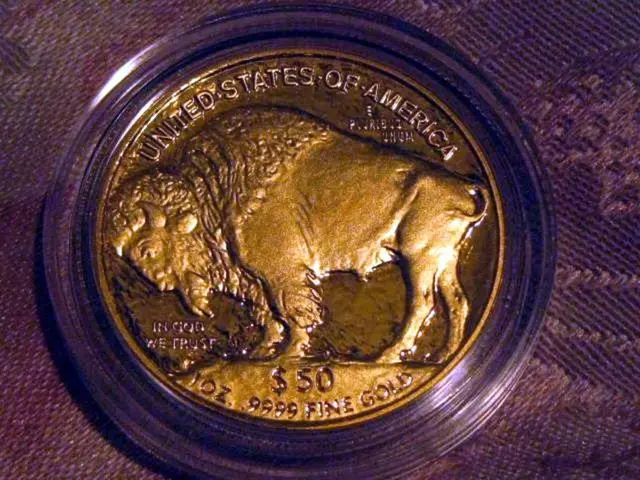Weathering the U.S.-China Trade War Storm: Insights from Geneva Talks
Trump declares a "full reboot" in relations with China
Let's dish the dirt on the latest rounds of trade negotiations between the U.S. and China. The players met up in swanky Geneva for a high-stakes poker game, aka a friendly-yet-constructive meeting at the ministerial level, where both sides aired their grievances and crooned for a fresh start.
Yep, you heard it right! The ever-outspoken Donald Trump floated the idea of a "complete restart" following the powwow, claiming significant progress in rehashing the trade mystery between these two economic titans. So, what really went down? Let's get the lowdown.
Peeling Back the Layers of the Economy
The initial meeting, which spanned an astounding eight hours, was regarded as "very good" by the bulldozing Trump. Although he offered vague hints about fruitful discussions, he kept his ace cards up his sleeve, not spilling the beans on the nitty-gritty details. Seems like he's still playing hardball.
The heart of the issue lies in the bitter feud between these two economic giants, stemming from unfair trade practices and colossal tariffs. The U.S. president has been responsible for hefty tariffs of 145% on U.S.-imported Chinese goods, with China swiftly striking back with retaliatory duties of 125% on American products. The heavyweights of the global economy have long struggled with the repercussions of these separating forces, threatening to slow the global economic engine.
Opening the Doors of Opportunity?
So, what's up next? Trump, under his poker-faced mask, has subtly hinted at concessions by suggesting a reduction in U.S. duties on China, posting cryptically, "80% Tariff on China seems right!" on his official platform.
China's stance remains firm, emphasizing that negotiations can only proceed on equal footing, with the U.S. being urged to address prior mistakes. The ongoing talks might not lead to a big, showy agreement in Geneva but, rather, focus on defining key issues that need resolution.
Spoiler Alert: The Long Game
While the possibility of a comprehensive agreement seems slim due to the intricate complexities at play, we cannot ignore the fact that the two sides are squaring off in the ring for an ongoing dance to deescalation. And hey, every little move counts, right? So buckle up, folks, because it looks like the U.S.-China trade rodeo continues!
Enrichment Data:
- Trade Talks Venue: The high-stakes trade talks between the U.S. and China are taking place in Geneva, signifying a continuation of negotiations to tackle trade tensions.
- Tariff Levels: Hefty tariffs have been imposed by the U.S. on Chinese goods, currently at 145%, with China answering with a 125% tariff on U.S. goods[1][2].
- Negotiation Strategy: The U.S. negotiating team is focusing on minimizing nontariff barriers for American exports, aiming to address issues that have caused headaches in previous rounds of talks[2].
- Progress: Trump's progress reports remain mixed, as he initially seemed hesitant to reduce duties but later floated the idea of cutting tariffs to 80%. Despite ongoing challenges, talks mark optimism for potential deescalation and future agreements[1].
- External Pressures: The U.S. faces mounting pressure from allies like the European Union, which has threatened legal action and retaliatory tariffs if the U.S. doesn't get its act together in the trade arena[2].
The Commission has also been consulted on the draft budget related to the ongoing trade talks between the U.S. and China. The ongoing negotiation strategy involves minimizing nontariff barriers for American exports, which aims to address issues that have been problematic in previous rounds of talks. Interestingly, WhatsApp has reportedly been used as a tool for communication between the two parties in Geneva, signifying a shift towards informal channels in policy-and-legislation discussions. In light of mounting pressure from allies like the European Union, both the U.S. and China have agreed to continue dialogue on Saturday with an eye towards deescalating the trade war and reaching a general-news-worthy agreement. Despite the complexities of the current situation, the two economic superpowers are footing the bill for continued finance-centric business engagement, demonstrating a willingness to play the long game in the realm of politics.




